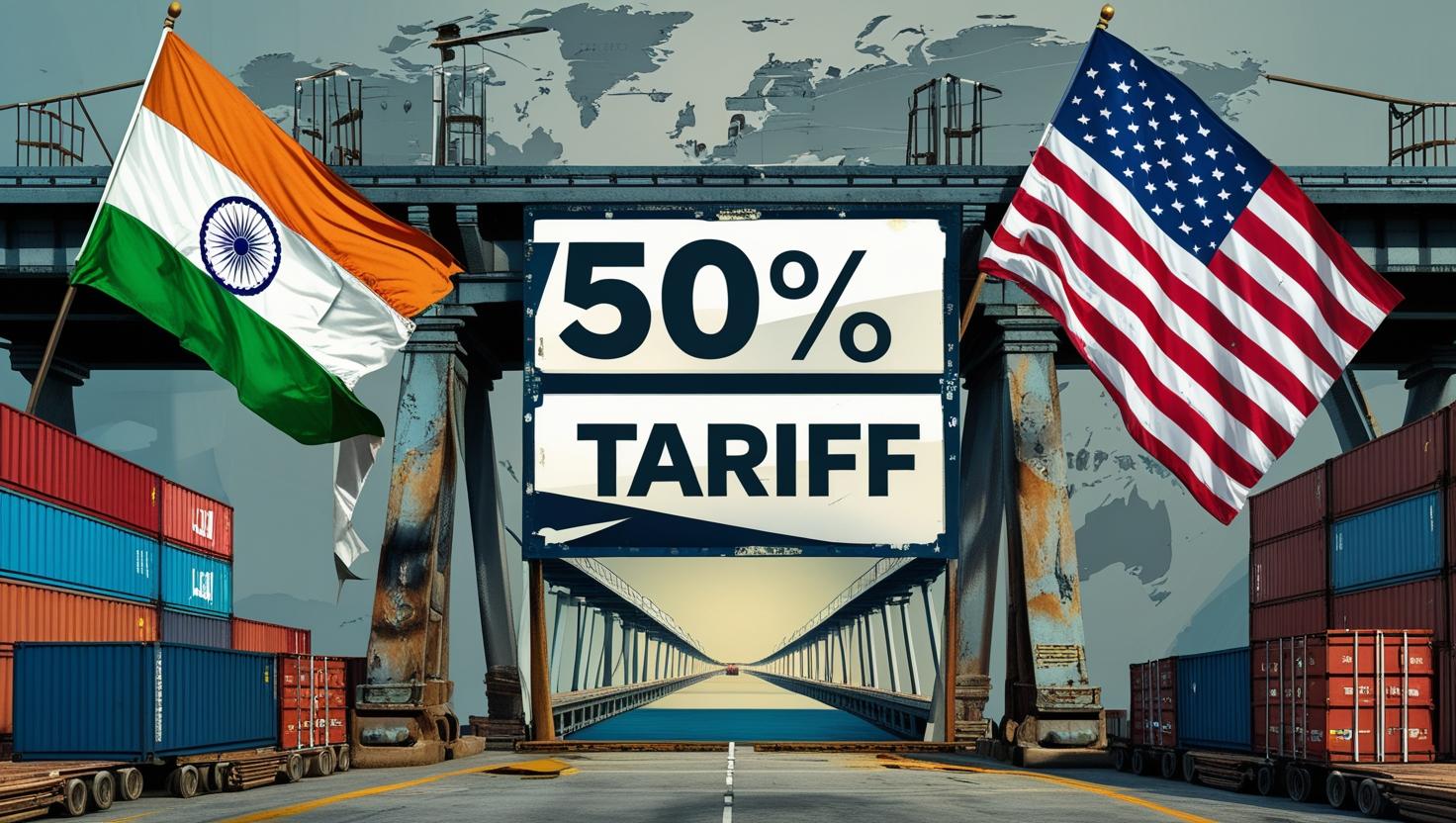India’s Response
Operation Sindoor, a covert and swift military operation launched by India, marked a significant strategic assertion in response to escalating tensions on the western frontier. The operation, aimed at preemptively neutralizing potential terror launchpads across the Line of Control (LoC), underscores India’s evolving doctrine of proactive defense.
India’s response was marked by a calculated combination of air strikes, ground force maneuvering, and strategic communication aimed at conveying strength without triggering full-scale war. From the outset, New Delhi maintained that Operation Sindoor was a “non-military, pre-emptive strike,” a stance similar to its communication during the Balakot strikes of 2019. This messaging was crucial for managing both international perception and domestic political discourse.
Politically, the government positioned the operation as a necessary act of self-defense, receiving broad bipartisan support, at least initially. The media narrative within India rallied around nationalistic fervor, which historically has had short-term effects on market sentiment, especially in defense, infrastructure, and commodities-related stocks.
Pakistan’s Response
Pakistan’s response was cautious but assertive. While strongly condemning the operation and accusing India of violating its sovereignty, the Pakistani establishment avoided immediate escalation. Diplomatically, Pakistan reached out to global forums including the United Nations and OIC (Organisation of Islamic Cooperation) to internationalize the issue and portray India as the aggressor.
Militarily, Pakistan increased troop presence along the LoC and activated its air defense systems. However, no large-scale counter-offensive was reported in the initial days. This mirrors the strategic restraint shown after the Balakot strikes, where Pakistan did retaliate with an air raid but avoided deeper escalation.
Economically and diplomatically, Pakistan is in a vulnerable position due to its ongoing economic crisis and dependency on IMF funding. Thus, it appears to be treading carefully, balancing domestic pressure with international diplomacy.
Stock Market Reaction
The Indian stock market reacted swiftly to the announcement and execution of Operation Sindoor. Historically, geopolitical tensions involving military operations have triggered short-term volatility in the Indian equities market.
Immediate Reaction:
-
Indices Fall: On the morning following the announcement, both Nifty 50 and Sensex opened nearly 1.5% lower, indicating investor apprehension.
-
Defense Stocks Rally: HAL, Bharat Dynamics, and BEL saw intraday gains of 4-7%, reflecting confidence in India’s defense capabilities and expected future procurement.
-
Banking and Realty Dip: Sectors sensitive to macroeconomic uncertainty—like banking, realty, and FMCG—saw declines amid risk-off sentiment.
-
Rupee Weakens Slightly: The INR dropped marginally against the USD due to the uncertainty, though RBI interventions helped cap the volatility.
Sector-Wise Breakdown:
-
Defense: Bullish momentum with increased volumes.
-
Energy and Oil: Mixed reaction depending on crude prices. Tensions could raise global oil prices.
-
IT and Pharma: Stable or slightly positive due to their defensive nature and global exposure.
Will the Market Dip or Turn Bullish?
While the immediate reaction was negative due to risk aversion, markets historically recover quickly from such operations unless they lead to full-scale war. Past precedents (e.g., Kargil War, 2016 Surgical Strikes, Balakot) suggest that after an initial dip, markets tend to rebound as geopolitical clarity emerges.
Key Scenarios:
-
Limited Escalation (Most Likely): If tensions remain contained and Operation Sindoor is seen as a standalone strategic maneuver, markets may turn bullish within a week or two. Stability encourages buying, especially in undervalued sectors post-dip.
-
Prolonged Conflict: If Pakistan retaliates militarily and a cycle of escalation begins, markets may dip further, especially in banking, infrastructure, and foreign portfolio investment-heavy sectors.
-
International Mediation: If global powers intervene diplomatically and tensions de-escalate, foreign inflows might return, driving markets upward again.
Conclusion
Operation Sindoor may have introduced short-term volatility into the Indian stock market, but its long-term impact will depend on geopolitical outcomes and investor sentiment. The Indian economy’s fundamentals remain strong, and unless the conflict escalates significantly, the market is more likely to absorb the shock and recover.
Defense and technology sectors may benefit, while rate-sensitive sectors could face temporary headwinds. Investors with a medium to long-term horizon may find opportunities in the dip, especially if the geopolitical scenario stabilizes quickly.
📉 Stock Market Disclaimer
Disclaimer: This post is for informational and educational purposes only and does not constitute financial advice or a recommendation to buy/sell any stock or share. Investing in the stock market involves risk. Past performance is not indicative of future results. Always conduct your own research or consult a licensed financial advisor before making investment decisions.




